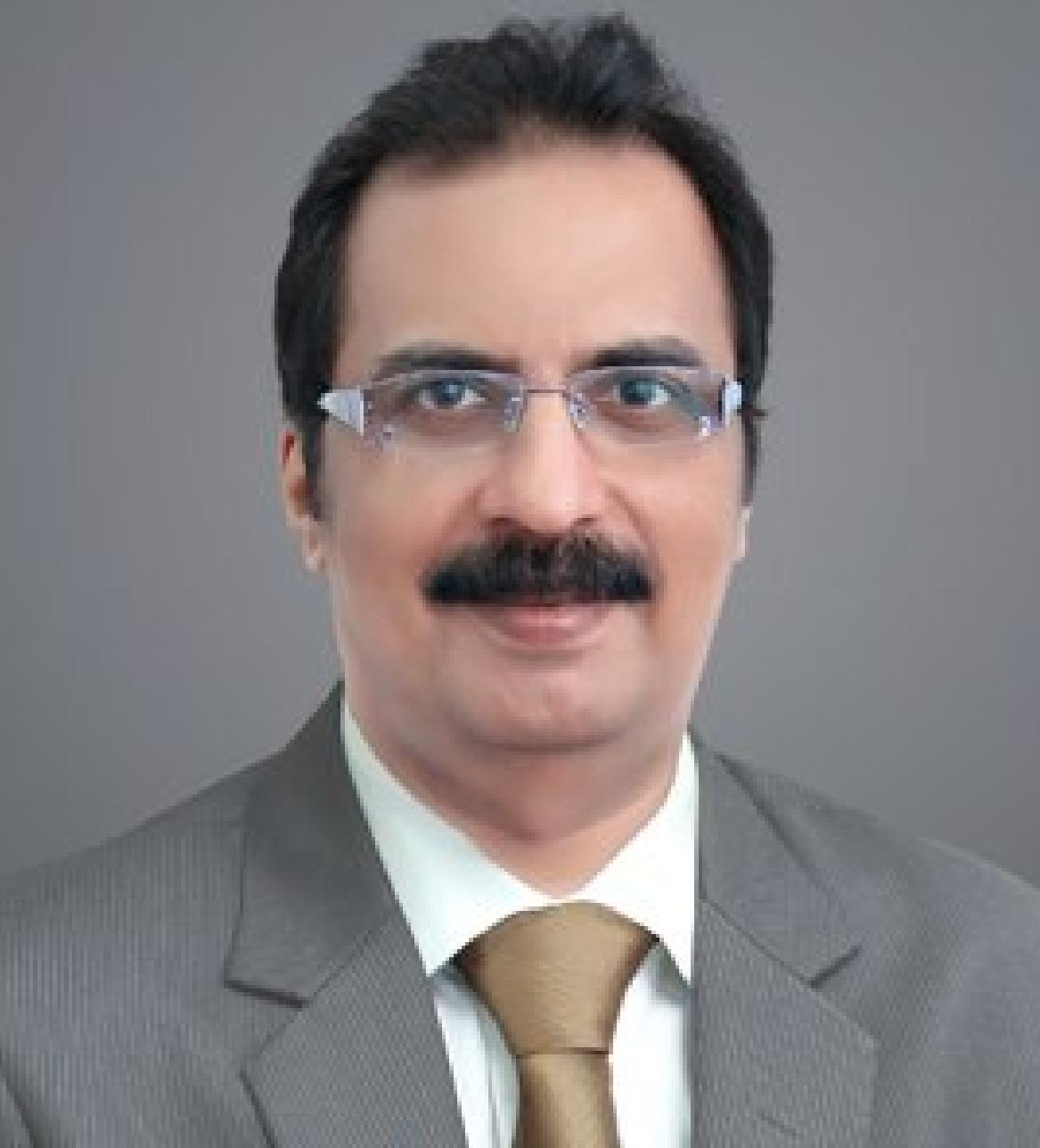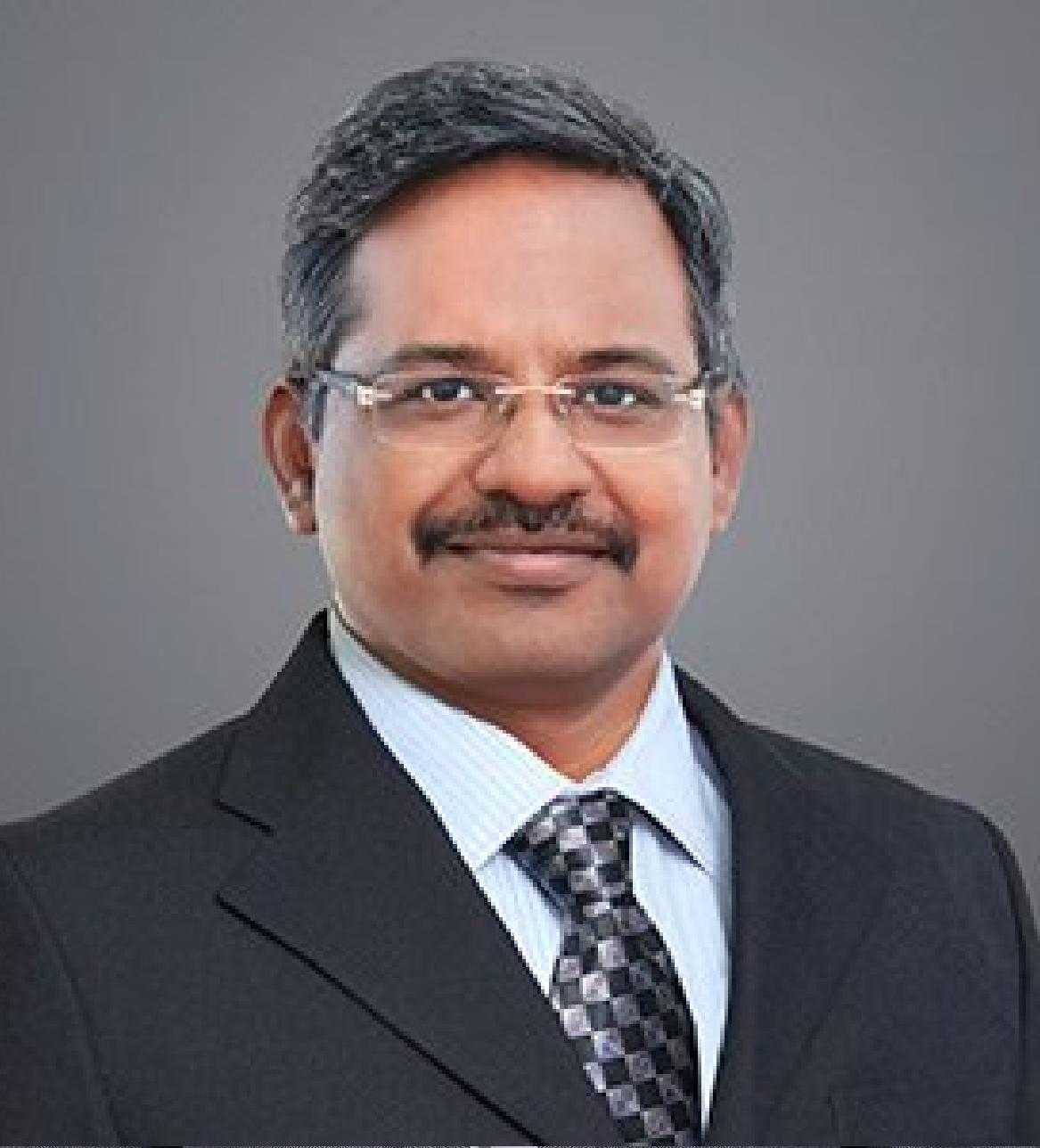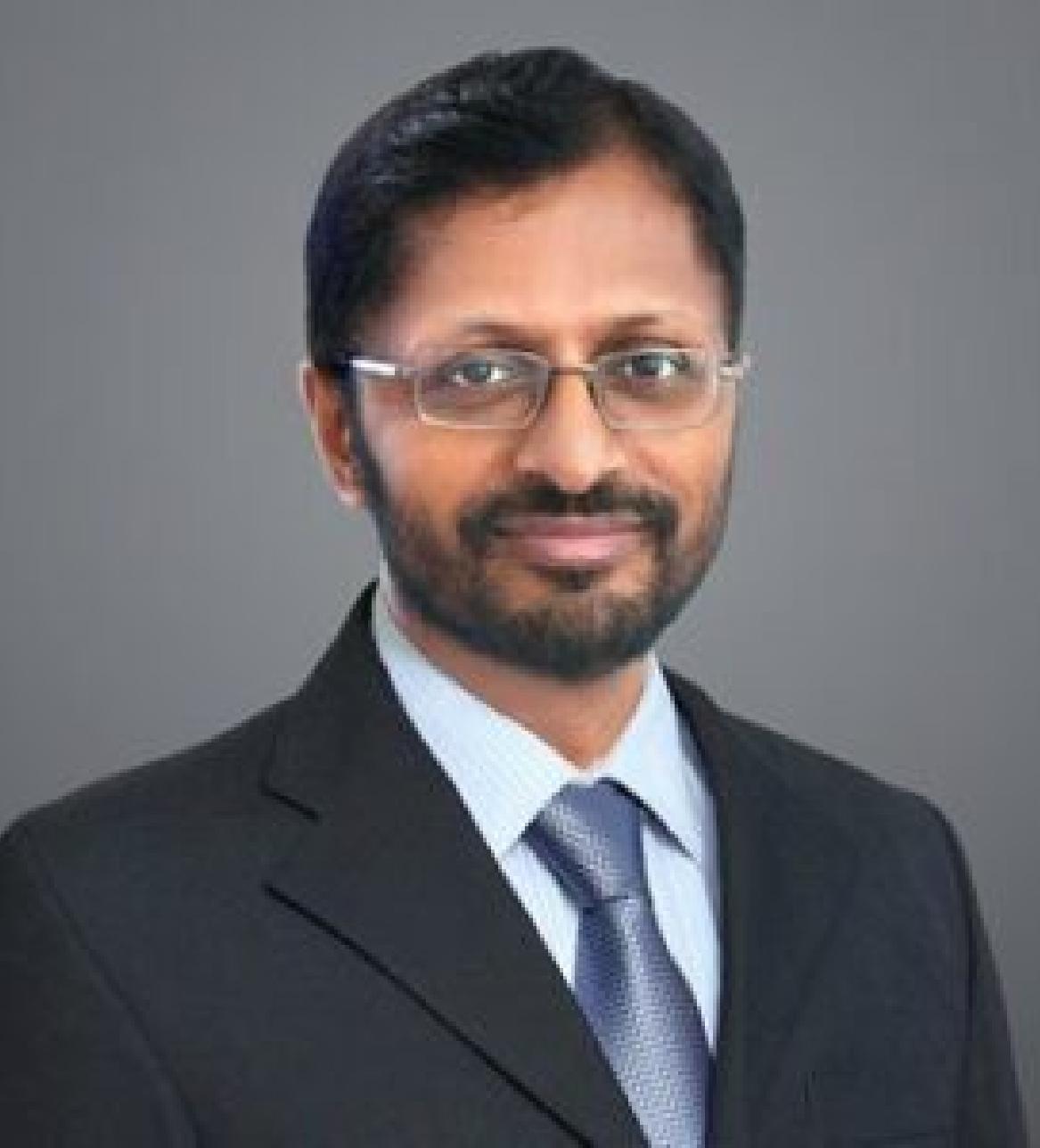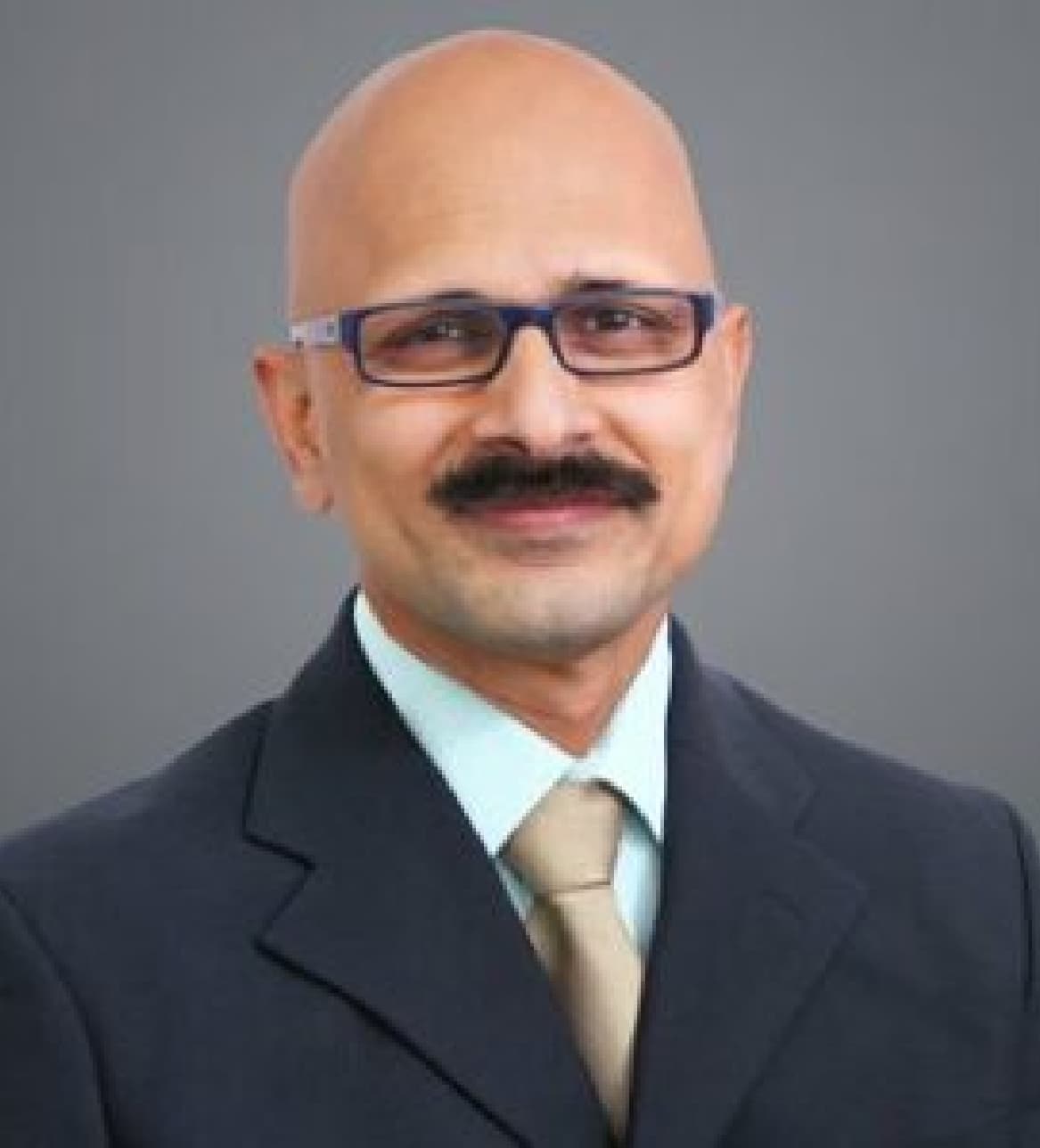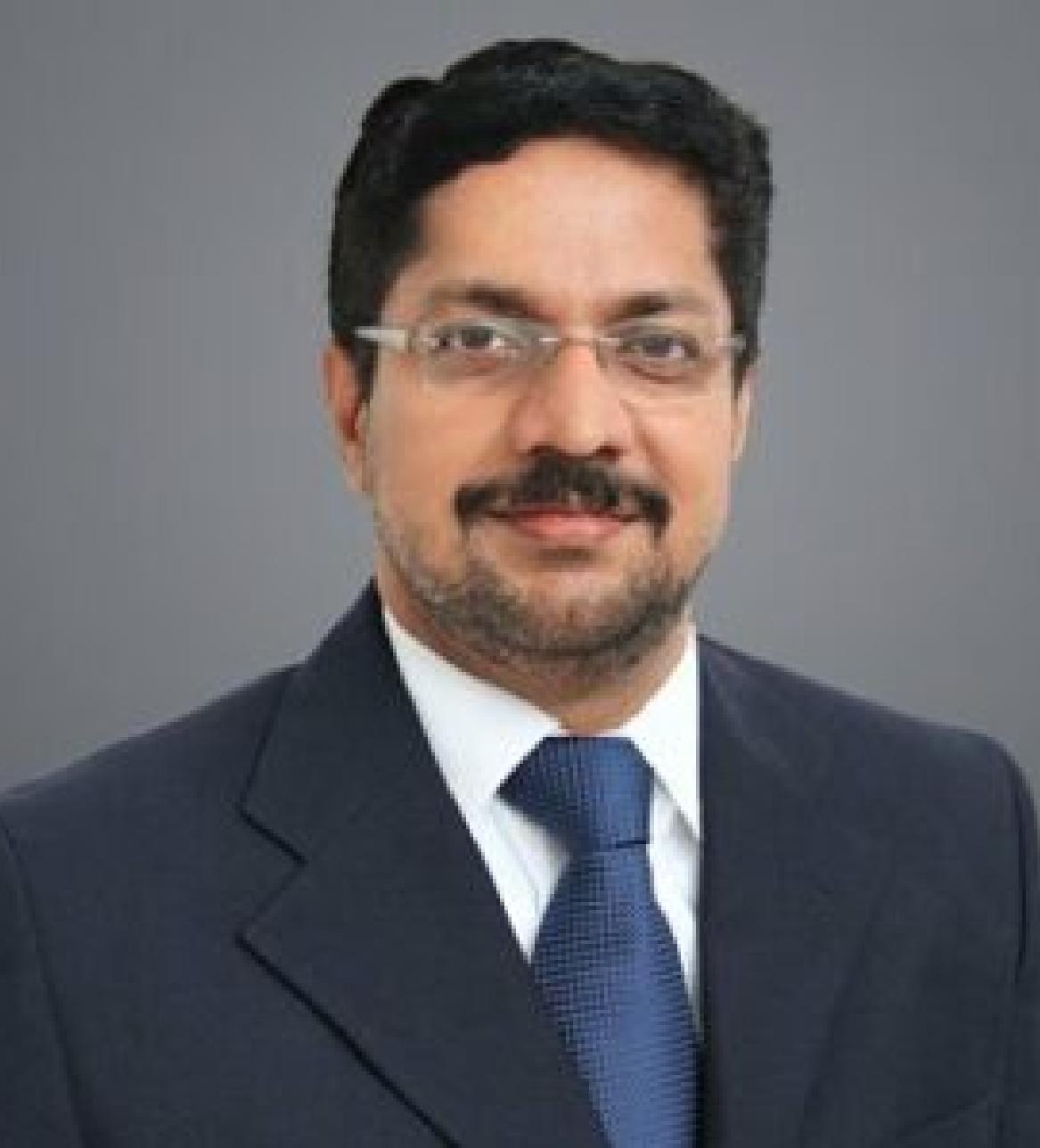Overview
The Department of Neurosurgery at Amrita is equipped with technically advanced systems to perform all types of surgeries for a wide range of illnesses. These include:
Congenital diseases of the brain and spine and other illnesses affecting children
Tumors of the brain, spine and spinal cord
Vascular diseases such as aneurysms and vascular malformations
Degenerative disc and other spinal diseases
Instrumentation of the spine and the cranio-vertebral junction
Diseases of the pituitary gland
Stereotactic surgery
Surgery for epilepsy and movement disorders
Stroke and hemorrhage in the brain and spinal cord
Diseases like epilepsy, which were earlier treated only with medicines.
Malignant brain tumors, spinal cord injuries, stroke, chronic pain, and severe head trauma that have significantly improved the results of treatment.
Contact Us
Phone: 0484 - 6681310, 0484 - 2851310
Email: [email protected]
Diseases Treated
Brain tumors
Most advanced techniques are used to preserve the functional integrity of the brain and spine including functional MRI, neuronavigation for image-guided surgery, awake surgery for brain tumors, and intraoperative electrophysiology like sensory, motor-evoked potential monitoring, and cartography.
Vascular disorders of the brain
Ours is one of the few centers in Kerala treating abnormalities of the blood vessels of the brain and spine including aneurysms and vascular malformation of complex types.
Traumatic and other spinal disorders
Degenerative conditions of the spine like disc prolapse, spondylolisthesis, complex craniovertebral junction anomalies, and other conditions of the vertebral column like traumatic spine fractures are treated.
Routine microdiscectomies to artificial disc replacement surgeries of the lumbar and cervical spine and spinal stabilization.
Spine tumors
Various spinal tumors including meningiomas, schwannomas, ependymomas, gliomas, etc., are treated using the most advanced intraoperative monitoring modalities to give an optimal outcome and maximize functional recovery.
Congenital disorders
Disorders like congenital hydrocephalus, spina bifida and tethered cord are treated. Congenital craniofacial anomalies are managed in conjunction with the Departments of Maxillofacial Surgery and Plastic Surgery.
Brain and spine trauma
Neurosurgical Trauma Care attends to a wide range of brain and complex spine trauma which usually need emergent surgical treatment.
Service
- Neuro-oncology
- Pediatric Neurosurgery
- Cerebrovascular surgery
- Minimally invasive surgery- Stereotactic, Endoscopic, and Endoscope-assisted surgery
- Spine surgery
- Stereotactic Radiosurgery(SRS)
- Skull base surgery
- Craniospinal trauma
- Craniofacial reconstructive surgery
- Peripheral nerve and plexus surgery
- Surgery for movement disorders
- Functional Neurosurgery
- Neuro-Endocrine Surgery
Facilities
The department is supported by state-of-the-art dedicated neurosurgical operation theaters equipped with:
- Carl Zeiss Operating Microscopes: OPMI Pentero and OPMI NC4 with digital recording and documentation facilities
- Karl Storz Ventriculoscope and Transnasal Neuroendoscopy system
- Stryker 3-chip HD Endoscopic camera
- Midas Rex (Legend) and Anspach high speed pneumatic drill system
- Valley Lab Cavitron Ultrasonic Surgical aspirator (CUSA)
- Siemens C-arm with facility for DSA
- Codman and Aescullap operating instruments
- Leksell Stereotactic frame
- KTP Laser
- Nicolet Viking Intraoperative electrophysiological monitoring
- Xomed Cranial nerve monitor
- The Brain Lab Vector Vision Image Guided surgery system is a recent addition to the surgical armamentarium; the first of it’s kind in the state of Kerala
- Transcranial Doppler Sonography
- A dedicated 10 bed Neurosurgical Intensive Care Unit, with ventilators and multichannel invasive monitors for all beds, provides comprehensive care for postoperative and acutely ill patients.
ROSA Robotic Surgical Assistant
Amrita’s Center for Excellence in Robotics incorporates the latest in neurosurgical technology, the ROSA Robotic Surgical Assistant, which assists a broad range of interventions for treating Parkinson’s, epilepsy, tumors, and exploratory endoscopy.
HOW CAN ROSA HELP ME?
Compared with traditional surgery, having ROSA may offer you:
- Reduced operating time due to increased efficiencies
- Reduced invasiveness and trauma
- Increased consistency in surgical performance and outcome
- More streamlined treatment
Specialty
Specialty OPD Schedules
The availability of all associated departments under a single roof makes the management of most malignancies easier for the patient and physician. There is a strong emphasis on multi-disciplinary approach to treat the patient, with tumor board meetings being held regularly to discuss the cases and decide the best management options for the patient.
Monday | Headache Clinic |
Tuesday | Epilepsy Clinic |
Wednesday | Paediatric Neurology Clinic |
Thursday | Movement Disorders Clinic |
Friday | Botulinum Toxin/Multiple Sclerosis Clinic |
First Saturday and Third Friday | Sleep Clinic |
Specialty Clinics
Brachial plexus clinic | Every Thursday | Combined clinic with Neurology, Plastic surgery, Physical Medicine and Rehabilitation. The clinic sees patients with peripheral nerve and brachial plexus injuries and nerve entrapment syndromes. Offers comprehensive diagnosis, multidisciplinary management and rehabilitation. |
Epilepsy clinic | Every Tuesday |
|
Hydrocephalus clinic |
| Combined clinic with Neurology, Physical Medicine and Radiology |
Phakomatosis clinic | Twice a month on alternate Tuesdays | Combined clinic with Neurology, Plastic surgery, Physical Medicine and Rehabilitation. The clinic sees patients with phakomatosis syndromes including neurofibromatosis, von Hippel Lindau syndrome etc. Offers family screening, comprehensive management and counseling. |
Neuroendocrine meet | Last Thursday of every month | Combined clinic with Endocrinology. Discusses patients with pituitary tumors and other lesions affecting endocrine function. Offers comprehensive diagnosis and multidisciplinary management. |
Neuroradiology meet | Every Wednesday | Combined clinic with Neurology and Radiology |
Tumor Board | Every Tuesday | Combined clinic with Medical Oncology, Radiation Oncology, Pathology and Radiology. Discusses tumor cases seen or operated in the past one week to plan further management. Offers comprehensive diagnosis and multidisciplinary management. |
Clinical Pathological Correlation meet | Every alternate Saturday | Combined clinic with Pathology and Radiology |
Craniofacial Clinic |
| Combined clinic with Craniomaxillofacial Surgery The clinic sees children with craniosynostosis, complex craniofacial deformities and craniofacial trauma. Offers comprehensive multidisciplinary management including counseling. |
